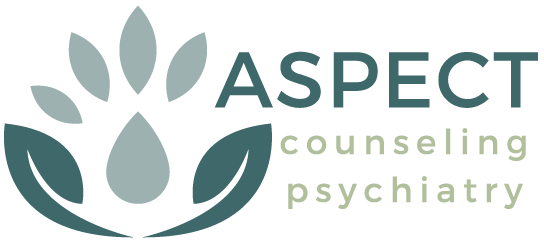Eating disorders are serious, treatable mental health conditions that can impact individuals of all ages, genders, races, ethnicities, and socioeconomic backgrounds. While the exact causes of eating disorders remain unclear, research suggests that a combination of biological, psychological, and sociocultural factors play a role in their development.
Many eating disorders begin during adolescence, though they can also affect younger children and older adults. Early diagnosis and intervention are crucial for achieving positive outcomes and promoting recovery.
Symptoms of eating disorders can evolve over time. For example, research shows that nearly half of those initially diagnosed with the restrictive type of anorexia may later develop bulimic symptoms, and individuals who engage in binge eating may later turn to restrictive behaviors.
Eating & food disorders have the highest mortality rate among all mental health conditions, with heart failure and suicide being the leading causes of death. This highlights the importance of early intervention and effective treatment to improve recovery outcomes.
At Aspect Counseling and Psychiatry, our therapists have received specialized training in
evidence-based treatment approaches that have been proven to reduce symptoms and support long-term recovery. We use therapies such as Cognitive Behavioral Therapy (CBT), Dialectical Behavior Therapy (DBT), and Family-Based Therapy (FBT) to treat eating disorders in both adolescents and adults. Our goal is to help clients overcome their struggles with eating disorders and achieve lasting recovery.
